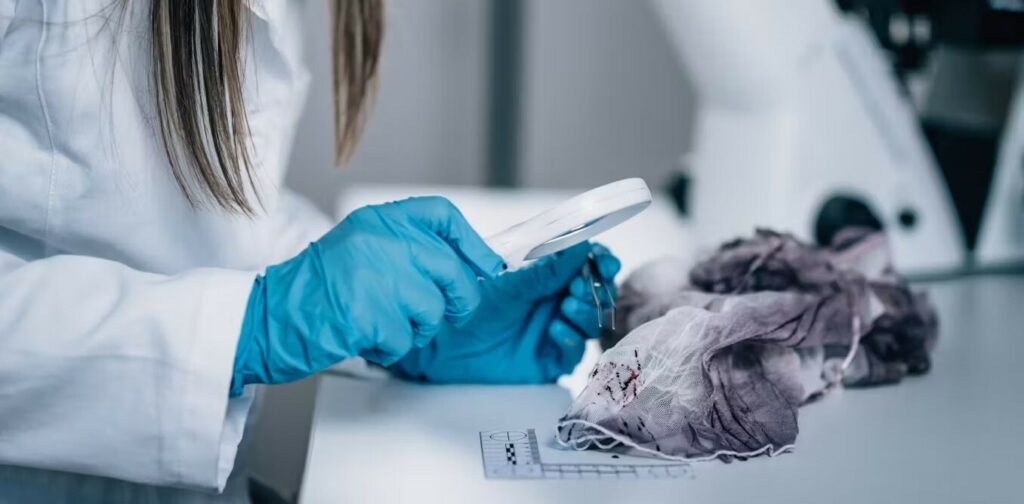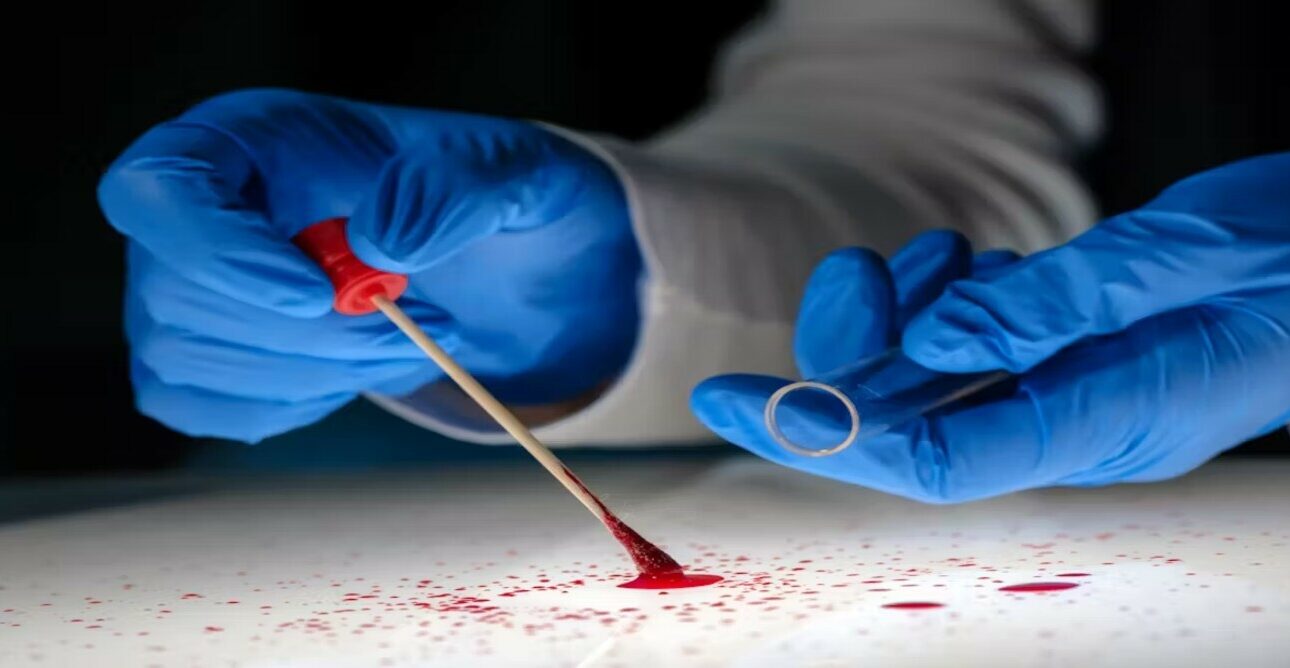Let’s be honest — forensic labs haven’t always been known for their speed or transparency.
When critical cases come in — whether it’s a POCSO case or a matter flagged by the courts — the clock starts ticking. But traditional forensic workflows can get bogged down in manual processes, paperwork, and human bias. On top of that, ensuring that evidence is handled securely and transparently is no small task.
That’s exactly why we built the Forensic Laboratory Management System (FLMS).
Recently, we had the opportunity to work with the Forensic Science Laboratory (FSL), Karnataka, to bring FLMS to life — and the results have been game-changing.
Here’s what’s new, what’s working, and why we think this could redefine forensic science in India and beyond.
The Challenge: Forensic Labs Need a Digital Overhaul
At its core, forensic science is about trust — trust in evidence, trust in process, trust in outcomes.
But if you’ve ever seen the inside of a forensic workflow, you’ll know there are some serious challenges:
✅ Tracking the Chain of Custody without gaps
✅ Ensuring impartiality when assigning cases to experts
✅ Handling sensitive cases with speed and care
✅ Preventing tampering or corruption of evidence
✅ Giving stakeholders visibility into the process
In the old world, this meant a lot of paper trails, manual decisions, and room for human error.
That’s where FLMS comes in.

At its heart, FLMS is designed to make the entire forensic evidence journey secure, auditable, and intelligent.
From the moment an article is registered at a police station or forensic inward counter, FLMS takes over — tracking its every move and requiring the system to be used at each step. No skipping steps, no invisible handoffs.
It’s built to guarantee:
Full Chain of Custody visibility
Automated case prioritization for urgent matters
Random expert allocation to avoid bias
Encrypted QR Codes to protect sensitive evidence
Real-time tracking of cases for all stakeholders
And the best part? It’s designed for real-world use — with forensic scientists, police, and lab managers in mind.
A Few Features We’re Excited About
Case Prioritization
When a case hits the system, FLMS immediately flags high-priority investigations — like POCSO, SC/ST cases, or cases marked by the courts.
These cases are moved to the top of the queue automatically, ensuring labs can deliver results within tighter legal deadlines. No more relying on someone manually sifting through the case list.
Random Allocation of Experts
This one’s a big deal.
Traditionally, assigning experts to cases could introduce bias — intentionally or unintentionally. With FLMS, expert allocation is fully automated and randomized, considering:
The required scientific division
Each expert’s current workload
Past case allocations
Until the system makes the allocation, no one knows which expert will handle which case. That’s transparency in action.
Encrypted QR Codes on Evidence
Every piece of evidence now gets an Encrypted QR Code.
Unless you have the right system permissions, you won’t be able to see the case details linked to that evidence. This prevents tampering and ensures that only authorized personnel can access sensitive information.
It’s a simple but powerful way to protect the integrity of forensic data.
Chain of Custody, Fully Digitized
Chain of Custody is everything in forensic science. If it’s broken, the evidence is useless in court.
FLMS ensures that every transfer of evidence is logged, time-stamped, and tracked through QR code scanning — so you know exactly:
Who had the evidence
When they had it
Why it changed hands
How long they held it
Now, anyone involved in the case can view this complete history at a glance.
Why It Matters
At the end of the day, this isn’t just about shiny new technology.
It’s about making sure that:
Victims get justice faster
Forensic experts can focus on science, not admin
Courts can trust the evidence they’re presented with
The entire process is transparent and tamper-proof
Forensic science is evolving — and it’s time for the tools behind the scenes to evolve too.
Forensic lab management isn’t the future. It’s here.
And as more labs adopt systems like FLMS, we believe we’ll see:
Faster case resolutions
Greater trust in forensic evidence
More transparent justice outcomes
If you’re involved in forensic work or justice delivery, now’s the time to start exploring what’s possible.
Because the future of forensic science? It’s intelligent, auditable, and built for trust.





